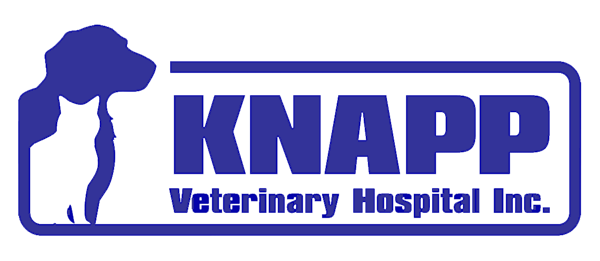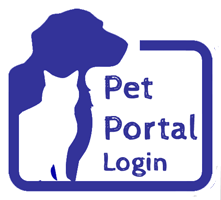- Home
- About Us
- Services & Resources
- Online Forms
- Refill Prescriptions & Food
- Pet Portal
|
HOLIDAY HOURS: Open 7 am to noon on 12/24 and 12/31 (Wednesday)
Use our online store for competitive pricing and free shipping!
Click on "Chat with AVA" on the bottom right to schedule appointments and refill prescriptions |


